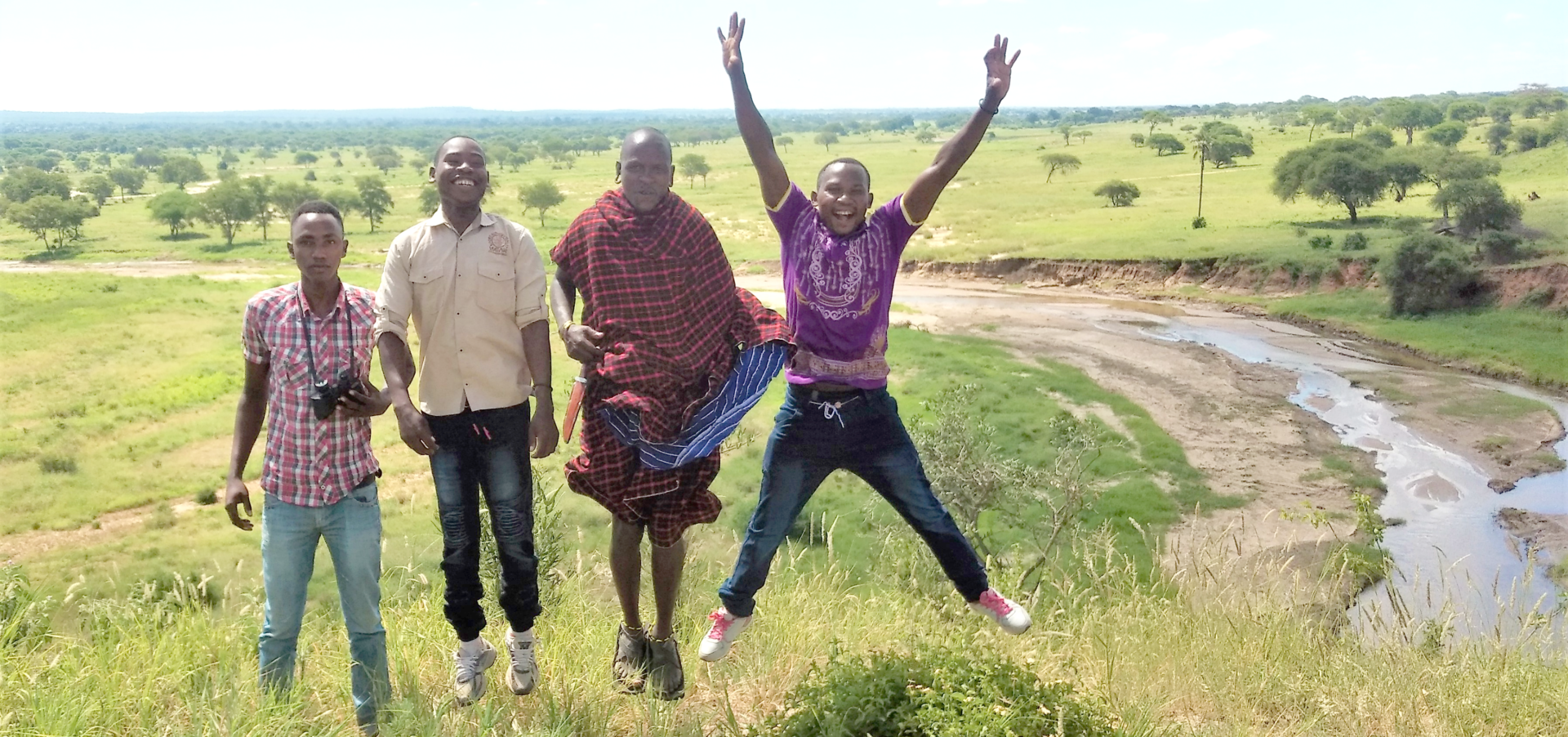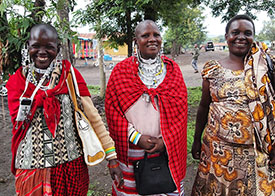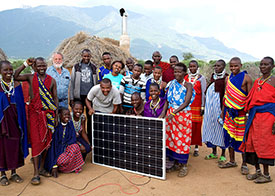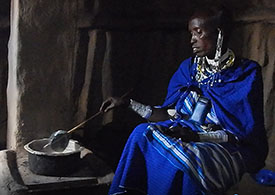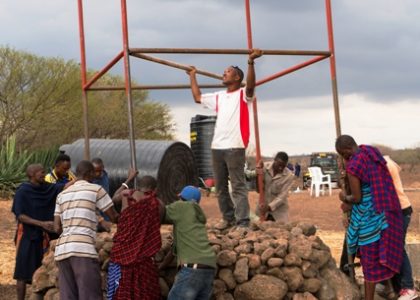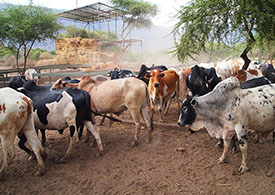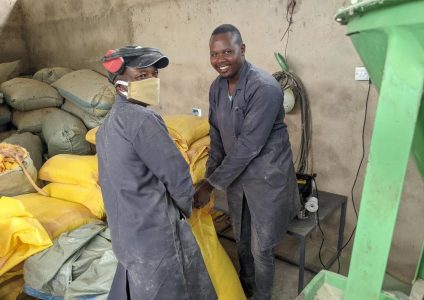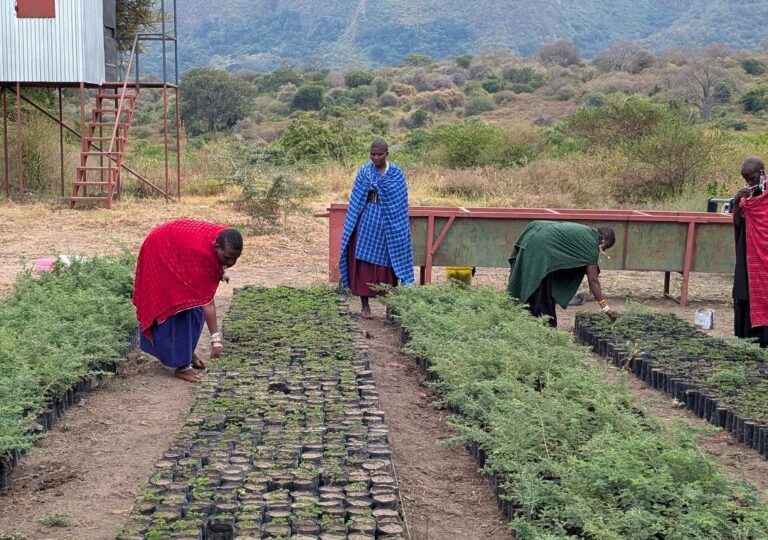
Significant Growth: Irrigation, trees, and climate change
As we awaited dry weather, some initiatives were on hold. Now they’ve resumed, and I am happy to tell you about recent actions. From the time we began these projects, we’ve aimed to develop approaches to drought-proof farming to sustain rural life, even as weather becomes increasingly difficult. Exploring new
